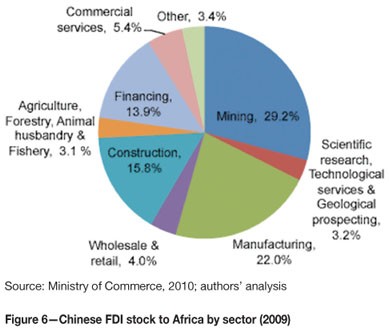Socially Responsible Investing An overcrowded trade
Post on: 16 Март, 2015 No Comment

Two weeks ago, I wrote an article for ValueWalk covering the performance of big tobacco stocks over the past few decades. And while the data itself is interesting there seems to be an anomaly as to why big tobacco and sin stocks in general outperform there’s one point that I didnt cover in that article; the ethical implications of investing in big tobacco as well as other sin stocks.
The ethical implications of tobacco investing is always a topic that ignites conversation and debate. But the fact of the matter is, it’s your decision whether or not you want to invest in the sector.
For those that want to avoid sin stocks, Socially Responsible Investing is the way to go.
Socially Responsible Investing: A growing market
Socially Responsible Companies are selected on the basis of their performance across a broad range of environmental, social, and governance indicators and rank at the top of their industry groups.
Socially responsible investing is a huge, and growing market. The value of assets in SRI portfolios climbed to $5.67 trillion at the start of 2014, a 76% on the value reported for 2012, according to the US SIFs 2014 Report on US Sustainable, Responsible and Impact Investing Trends. As of 2014, just over one in every six dollars under professional management in the US, is involved in socially responsible investing around 18% of the $36.8 trillion in total assets under management .
Still, whether or not socially responsible investing is damaging to returns is another matter.
According to data from Morningstar, Inc. (NASDAQ:MORN ), over the past ten years ethical funds have only returned a total of 56.4% on average, while non-ethical funds returned 128% over the same period. These figures were put together in 2013.
The most common way to gain access to qualifying socially responsible companies is through an SRI fund. According to a paper entitled; Is Ethical Money Financially Smart? by Renneboog, Luc and ter Horst, Jenke and Zhang, Chendi published during February 1, 2006, ethical fund investors tend to chase historic performance, without paying much attention to fees or risk. As a result, the funds that put in the best performance and attracted the most inflows began to perform poorly when they reached a certain size conforming to the theories of decreasing returns to scale in the mutual fund industry. Smaller funds performed well to begin with but as they attracted attention, performance deteriorate. The sample period used to assess returns was 1992 to 2003. It was also found that the funds with more rigorous screening criteria received a higher flow of funds over time and put in the best performance of the sample group.
Socially Responsible Investing: The underlying business

In a strange twist however, there’s little evidence to show that socially responsible investing actually has an effect on the underlying business performance of ‘sin’ companies.
A study I’ve looked at before, conducted by H. Hong and M. Kacperczyk and entitled: The price of sin: The effects of social norms on markets . failed to find any significant impact on companies from socially responsible investing, although data showed that on average, sin companies have a higher cost of capital than non-sin companies.
The study concluded that a higher cost of capital is a result of ethical investing trends. As a result, sin stocks tend to rely more on the debt markets than equity markets to finance their development plans. The paper found that the average sin company has a 19.3% higher leverage ratio than the typical company.
Continued in part two….
Like this article? Sign up for our free newsletter to get articles delivered to your inbox














